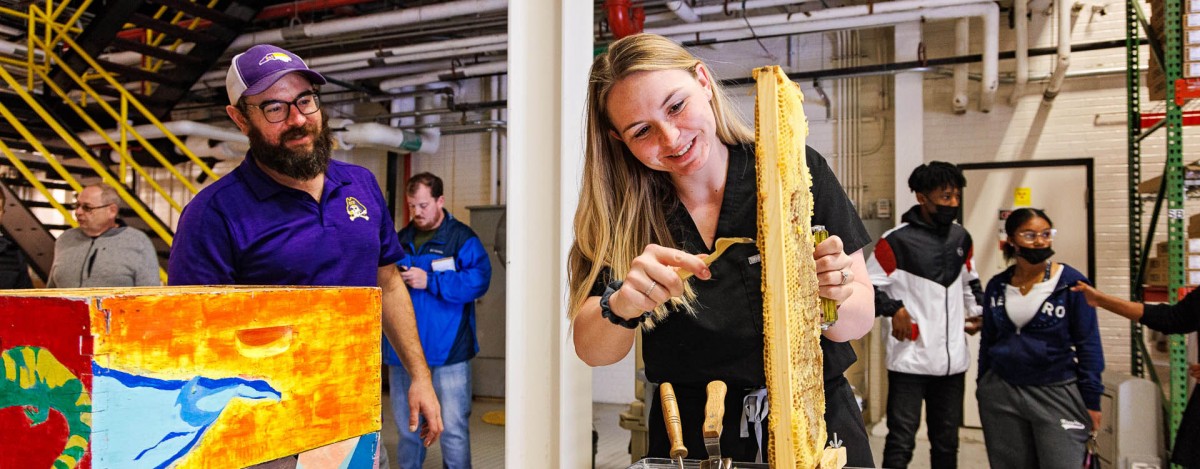Dig It | Eastern North Carolina Now
Week of service, celebration marks Earth Week 2022


| Goose Creek State Park Event | East Carolina University, School News, The Region, Neighboring Counties | Teaching Excellence |
|
Plaintiffs in a $16 million class-action lawsuit against Raleigh challenged the city's legal tactics in a new state Supreme Court filing.
Published: Sunday, September 7th, 2025 @ 7:13 am
By: Carolina Journal
|
|
Charlotte-Mecklenburg Schools is asking the North Carolina Supreme Court to overturn a lower court order that would force the school system to pay into a retirement fund for campus police.
Published: Saturday, January 25th, 2025 @ 4:42 pm
By: Carolina Journal
|
|
Republicans Bokhari and Driggs retain seats on city council.
Published: Tuesday, March 26th, 2024 @ 12:50 am
By: Carolina Journal
|
|
Members of the North Carolina Rural Health Association (NCRHA) visited Washington, D.C., on Feb. 14, 2024, to meet with elected officials and advocate for policies to improve access to care in rural areas.
Published: Wednesday, February 28th, 2024 @ 12:51 am
By: Eastern NC NOW Staff
|
|
The US Supreme Court will not take the case of Virginia-based owners of a Dare County beach home who challenged the county's COVID-related shutdown in 2020.
Published: Tuesday, February 6th, 2024 @ 10:14 pm
By: Carolina Journal
|
|
The North Carolina State Fair is set for the Raleigh state fairgrounds from October 12-22, 2023
Published: Friday, February 2nd, 2024 @ 9:01 am
By: Carolina Journal
|
|
A $2.5-billion-dollar bond referendum is slated to be placed on the November ballot this year, as Charlotte-Mecklenburg Schools (CMS) looks for support to fund 30 different projects in the school district.
Published: Sunday, January 14th, 2024 @ 10:08 am
By: Carolina Journal
|
|
Five Asheville-area residents are suing the city in federal court for refusing to appoint them to the local Human Relations Commission. The residents claim they were rejected because they are white.
Published: Saturday, December 9th, 2023 @ 11:53 am
By: Carolina Journal
|
|
Federal grant expands midwifery care for North Carolina
Published: Wednesday, November 29th, 2023 @ 2:59 pm
By: ECU News Services
|